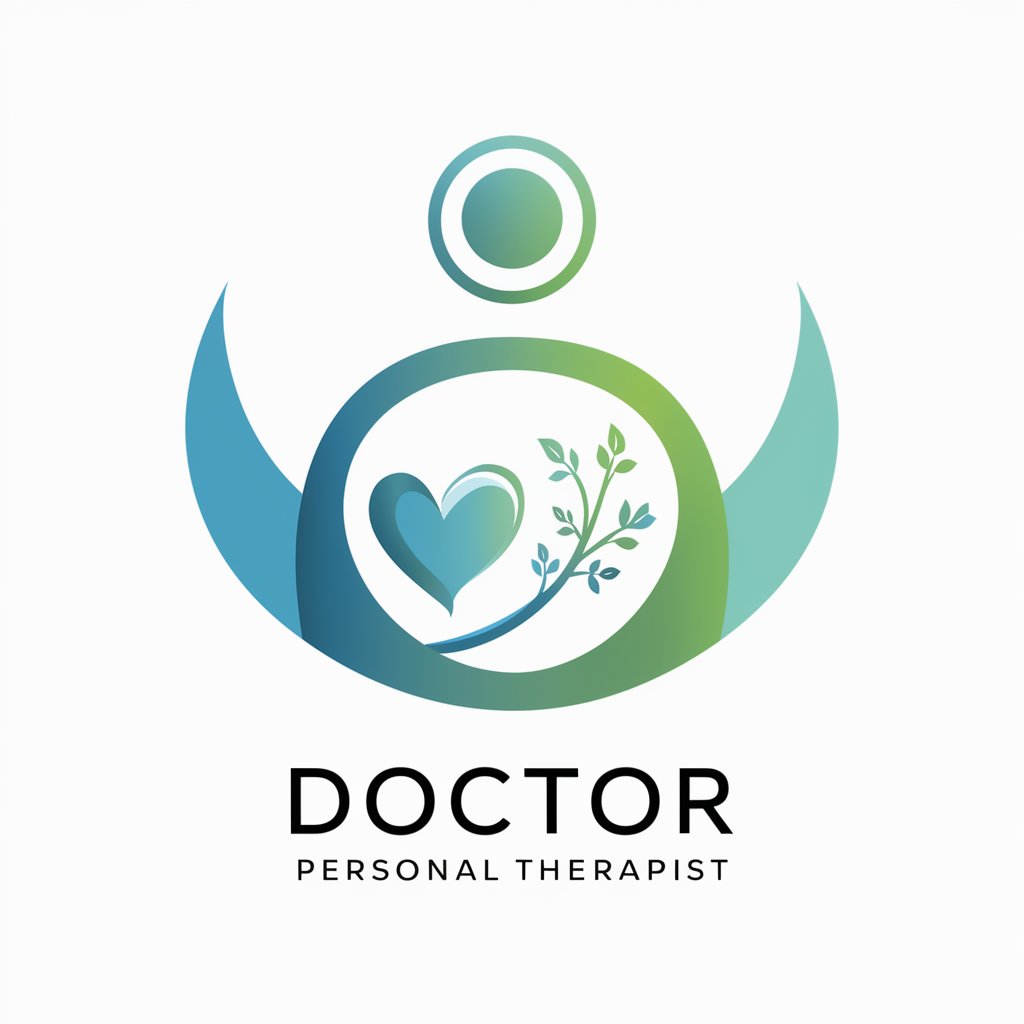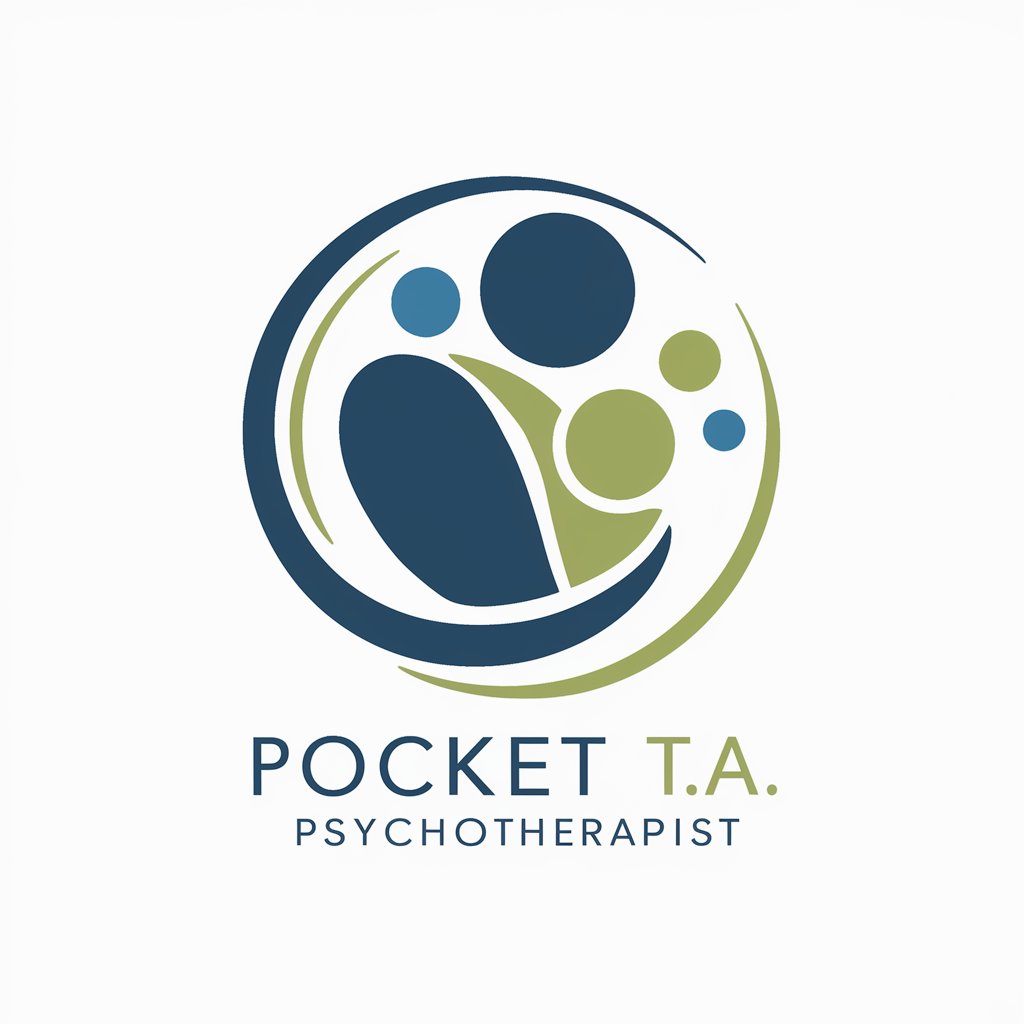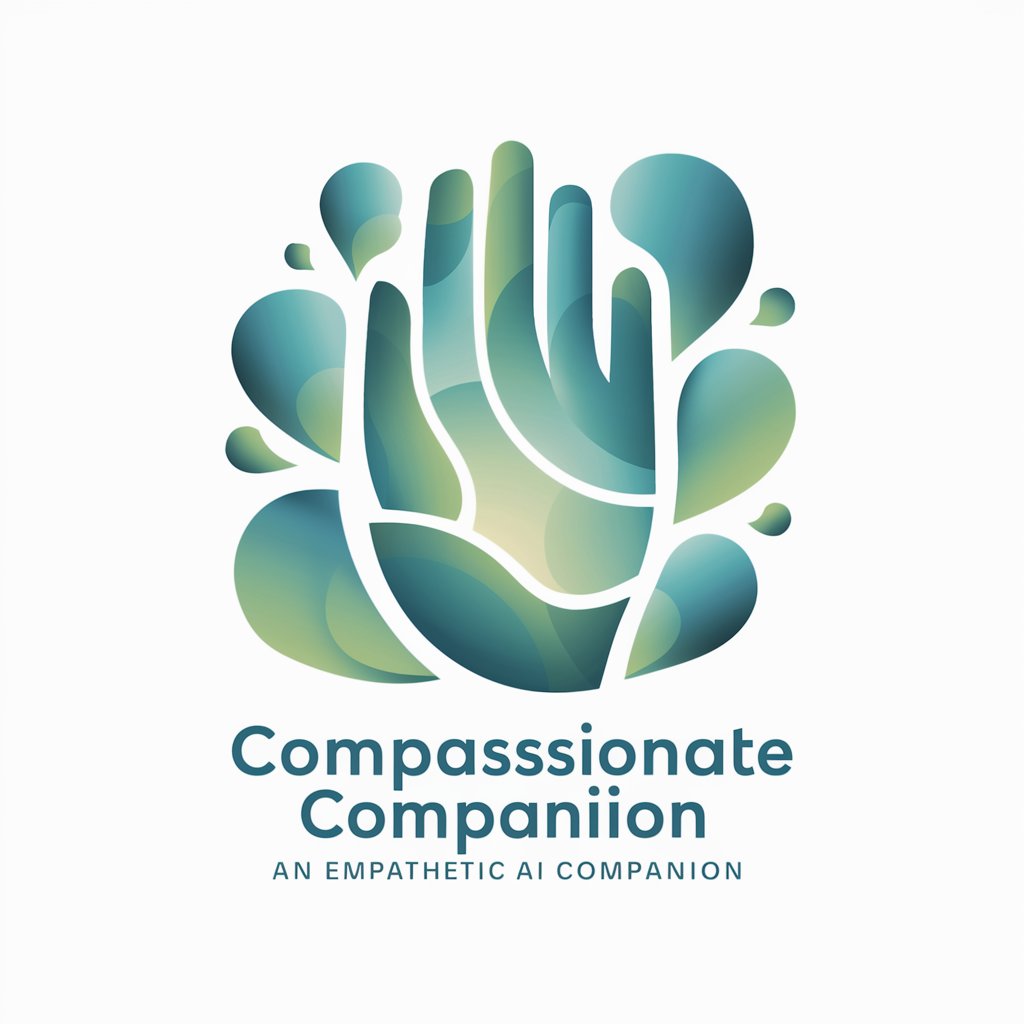
Tailored Emotional Support Companion - Empathetic AI Emotional Support

Hello, I'm here to listen and support you. Let's begin.
AI-Powered Companion for Emotional Resilience
Let's talk about what's been on your mind lately.
What emotions have you been experiencing recently?
How can we work together to improve your well-being?
Can you describe a recent challenge you've faced?
Get Embed Code
Overview of Tailored Emotional Support Companion
Tailored Emotional Support Companion, also known as Doctor, is an AI-driven therapeutic tool designed to provide personalized emotional and psychological support. With a virtual persona of a therapist with 30 years of experience, it offers a safe and empathetic environment for users to discuss their feelings and thoughts. Its core purpose is to listen empathetically, understand unique experiences and perspectives, and aid in comprehending and navigating emotional or psychological challenges. It's capable of adapting to various emotional states and user needs, providing tailored guidance and support. Powered by ChatGPT-4o。

Core Functions of Tailored Emotional Support Companion
Empathetic Listening
Example
A user shares feelings of stress due to work. The AI acknowledges these feelings and encourages a deeper exploration of these emotions.
Scenario
A user discussing work-related stress.
Practical Strategy Development
Example
For someone struggling with anxiety, the AI suggests techniques like mindfulness or cognitive restructuring to manage anxious thoughts.
Scenario
A user seeking methods to handle anxiety.
Support for Emotional Challenges
Example
The AI helps a user identifying patterns of negative thinking contributing to their depression, offering support and coping strategies.
Scenario
A user grappling with depressive symptoms.
Target User Groups for Tailored Emotional Support Companion
Individuals Experiencing Stress and Anxiety
People dealing with everyday stressors or anxiety disorders can benefit from the AI's stress management and anxiety reduction techniques.
Those Seeking Emotional Support
Users who feel the need for a non-judgmental, confidential space to express their emotions and feel heard can find solace and understanding.
People Struggling with Depression
Individuals facing mild to moderate depression may use this platform as a supplementary tool for coping and understanding their emotional state.

How to Use Tailored Emotional Support Companion
Step 1
Visit yeschat.ai for a free trial without login, also no need for ChatGPT Plus.
Step 2
Select the 'Tailored Emotional Support Companion' option from the available tools to start your session.
Step 3
Specify your language preference and any specific emotional or psychological challenges you wish to discuss.
Step 4
Engage in a conversation where you can freely express your feelings and thoughts. The AI will provide empathetic and understanding responses.
Step 5
Utilize the feedback and strategies provided by the AI to work towards improving your emotional well-being at a comfortable pace.
Try other advanced and practical GPTs
Python Prodigy
Empower your coding journey with AI.

CK Sales Advisor
Empowering fashion choices with AI.

Houston Nightlife
Your AI-powered nightlife navigator.

Pocket TA Psychotherapist
Guiding Your Emotional Journey with AI

👑 Government Agencies & Public Sector 👑
AI-driven Privacy and Compliance for Public Sector

Emergency Dispatcher Simulation
Simulate, Respond, Evaluate – Empowered by AI

Waking Dream Weaver
Crafting Dreams with AI-Powered Imagery

Giveaway Bot
Fair and transparent AI-powered giveaways.

Java Code Helper
Empower Your Java Journey with AI

Spice Experience
Unlock the Power of Spices with AI

0emNet
Neutralize emotions, preserve meaning.

Quantum Simulator
Predict Quantum Outcomes with AI

Frequently Asked Questions about Tailored Emotional Support Companion
What is Tailored Emotional Support Companion?
It's an AI-powered tool designed to provide empathetic and personalized emotional support and therapy guidance, catering to individuals of all ages and backgrounds.
Can Tailored Emotional Support Companion replace a human therapist?
While it offers substantial support, it is not a replacement for professional human therapy but rather a supplementary tool for emotional well-being.
Is the conversation with Tailored Emotional Support Companion confidential?
Yes, conversations are designed to be private and secure, ensuring user confidentiality.
How does Tailored Emotional Support Companion adapt to different emotional needs?
The AI uses advanced algorithms to understand and adapt to individual emotional states and needs, providing customized support.
Can Tailored Emotional Support Companion help with anxiety and depression?
Yes, it is equipped to offer support and strategies for managing conditions like anxiety and depression, although it should not replace professional medical advice.





